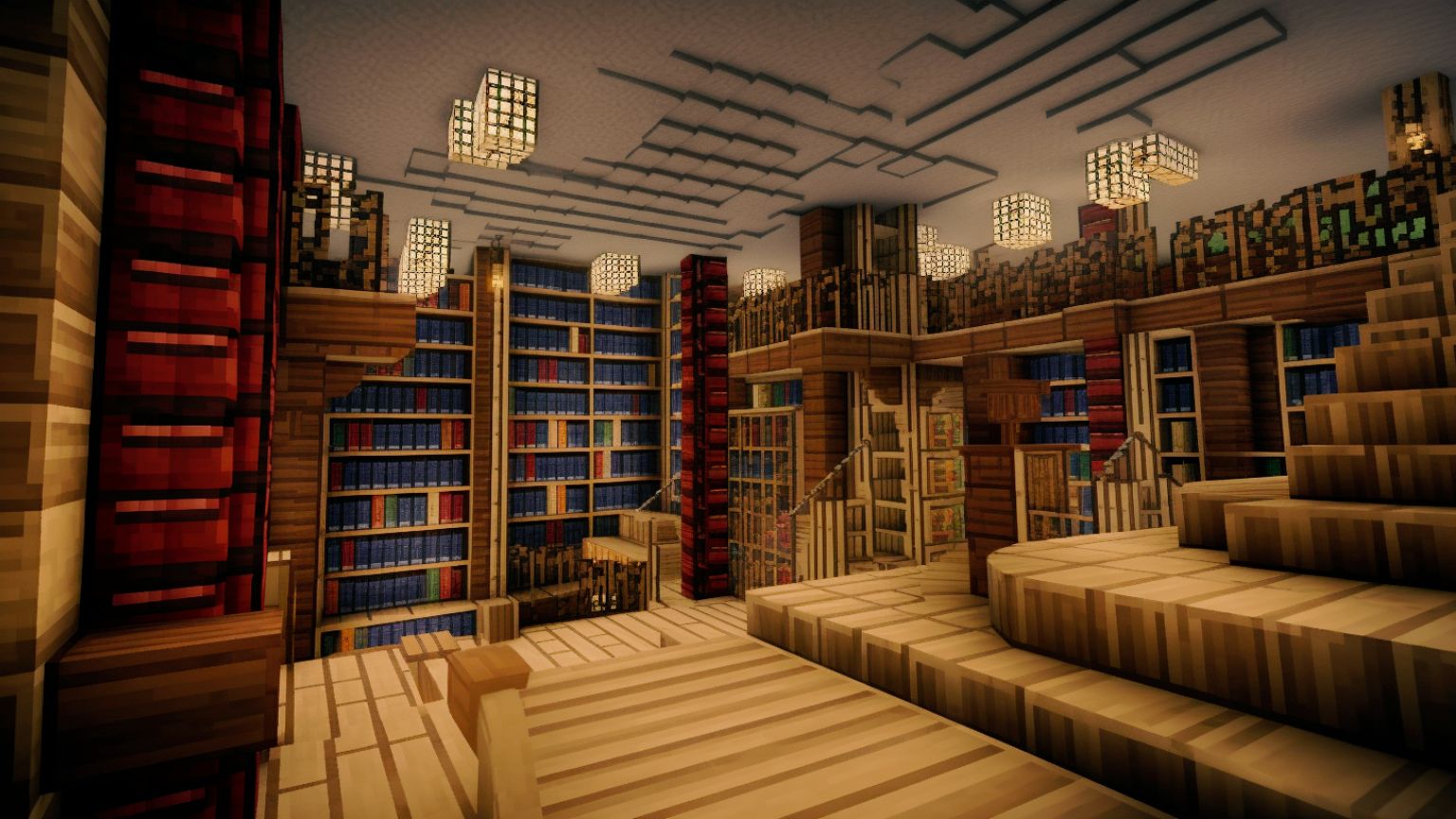The Internet Archive continues to legally defend its right to operate the Open Library – a project to digitize books and lend them for free.
The Archive, which considers itself a digital library and operates several important projects in this realm, was three years ago sued by four of the biggest publishers, who claim that making e-books available to people in this way is a form of “piracy” and will significantly negatively affect their profits.
On Monday, the case continued, with Archive’s legal representative maintaining the organization’s defense, namely, that this way of digitizing and lending books falls under the fair use rule contained in the copyright law.
And, said lawyer Joseph Gratz, the publishers – Hachette, HarperCollins, Wiley, and Penguin Random House, who sued in 2020 – are yet to demonstrate that the Open Library will cause them “to lose a dime.” The fair use argument is made based on the assertion that the Archive is involved in “transformative” action when it makes copies of physical books already in the Open Library.
The case is in the hands of a federal judge, John Koeltl, who while questioning both sides during oral arguments said that the heart of the case was determining if the Internet Archive does in fact violate copyright when it scans a book that has already been licensed, to then lend it without paying publishers further fees.
Representing the four huge corporations, attorney Elizabeth McNamara said that “many” other libraries also lend e-books, and pay fees to publishers, repeating the claim that the Archive’s actions cause damage to the market.
There was one instance when these publishers were happy to allow an unlimited number of people to borrow books at the same time – the first 12 weeks of the pandemic, which the Internet Archive made possible under the National Emergency Library project.
Koeltl told the court that during the same period of time, publishers’ revenues were up 12 percent (the industry reaching $3 billion in 2021). The lawyer wanted his counterpart to explain how this was possible, to which McNamara replied that they would have made even more money, had there not been for the project.
All this has made some reports conclude that the publishers are “struggling” to prove harm from Internet Archive’s actions.
If you're tired of censorship and dystopian threats against civil liberties, subscribe to Reclaim The Net.









